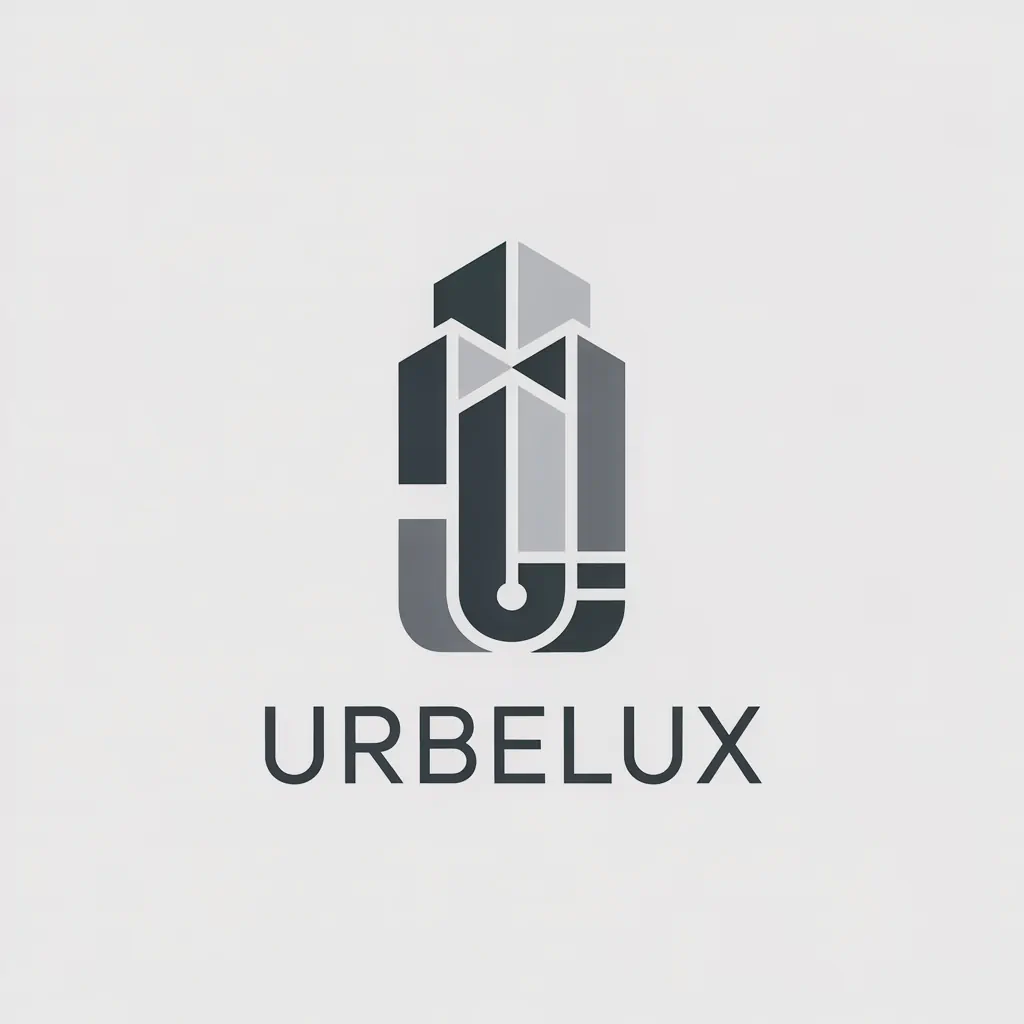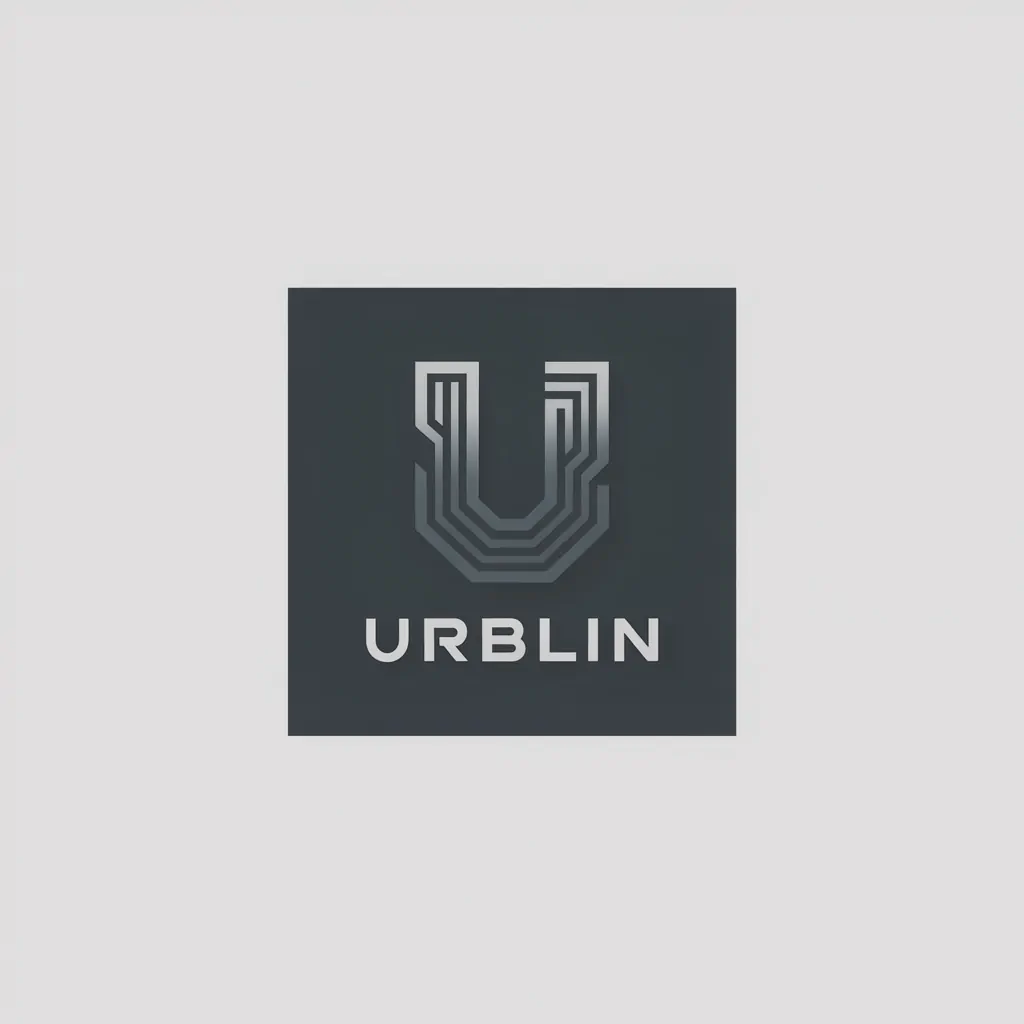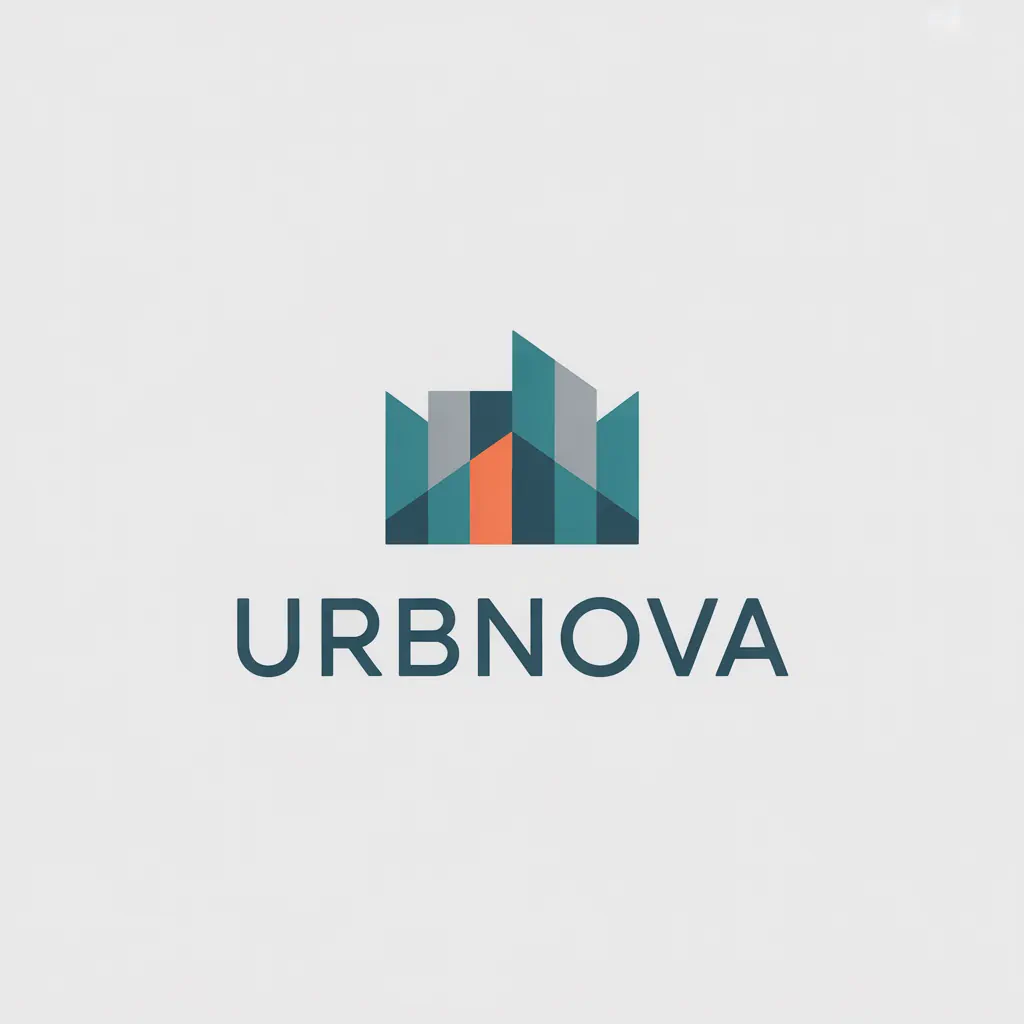Real Estate Services
Browse premium domain names carefully selected for your industry.

Werhaus.com
Your domain gives the first impression and helps grow your brand. In real estate, a short .com shows you're credible. It works well in ads, signs, and online. This guide helps you pick a domain for real estate services. It looks for names that are easy to remember and use.
This guide will help you blend brandable, brief, and clear names. It'll show premium domain options for your niche. The aim is simple: choose a top domain for your real estate business. This will support your marketing and bring in more leads.
We prefer brandable .com domains because they're simple to remember and share. Short names make fewer mistakes and make it easier for clients to find you. This guide offers practical steps for today. It keeps your options open for future growth.
You'll get a domain selection guide and tips to match your market. Plus, a quick way to check if a name works. Ready to see premium domains? Check out Brandtune.com. Make a confident and quick decision.
Why a Short, Brandable .com Elevates Real Estate Services
A short, brandable .com makes your website easy to remember. It helps clients recall your brand better. This is great for marketing properties online and in print. A good domain name means more referrals, better lead capture, and more visits to your site.
Memorability and Word-of-Mouth in Property Markets
Short names are easy to remember at showings and open houses. They look good on signs and cards. This helps people remember your website easily.
When your domain is easy to say, more people talk about it. Agents and media can easily share it. Your website gets more visits from ads and signs, too.
Trust Signals: Perception of .com in Client Acquisition
A .com domain builds trust with clients of all ages. In buying a home, every little sign counts. A familiar .com makes your business seem more stable.
Having an email that matches your domain looks professional. It makes things consistent across all profiles and listings. This helps clients remember your brand better.
Reducing Typos and Missed Leads with Short Names
Short names have fewer typos, making it easier for clients to find you. Stay away from confusing spellings. This reduces wrong clicks and lost visits.
Make sure voice assistants can understand your domain. Short names work well on mobile and small ads. They help increase traffic to your site. This leads to better marketing and more referrals.
Choose the Best Premium Domain Name for Real Estate Services Business
Your domain shows your audience your value first. Aim for clear, focused premium domain names in real estate. They should grow with you. Mix niche domain strategies with strong keywords. This keeps your message strong everywhere.
Aligning Your Domain With Niche Focus: Residential, Commercial, Luxury
For residential, choose warm and human words: home, nest, or haven. They show care and fit many programs.
For commercial, pick words that show size and skill: asset, CRE, or tower. This shows you mean business and have lots to offer.
For luxury, use words that dream big: estate, prime, or grand. They match luxury service and high-end client hopes.
Stick to your main area but avoid names that stop you from growing. This is smart and lets you evolve.
Balancing Keywords and Brandability for Long-Term Growth
Combine a unique brand root with a real estate hint: Haven or Prime plus Realty. This keeps you relevant and unique.
Don't use names that sound spammy. Go for memorable names that work everywhere. Good names work in ads, social media, PR, and sales.
Make sure your messages and plans stay flexible. This balance helps with new starts, team-ups, and special deals without a full rebrand.
Future-Proofing: Scalability for New Markets and Services
Start with names that can grow. Avoid names that tie you to one place if you plan to expand. Use subpages to reach local markets while keeping your brand wide.
Pick words that fit many services like leasing or investment advice. A broad approach supports working in many markets.
Try your name in different real estate areas. If it works well in each, growing your business will feel right.
Phonetic Clarity and Easy Pronunciation for Referrals
Choose names that sound clear and are easy to spell. This helps people find you after just hearing your name once.
Avoid tricky letters and keep it short. This makes it easy to remember for meetings and events.
Test it out loud and with friends. If they get it right, your name will help bring in more clients.
SEO Fundamentals for Real Estate Domain Selection
Your domain is key for SEO and helps people find and remember your site. Short, catchy .com names are best because they're easy to read and hard to misspell. This makes your site more popular and helps Google see it's valuable.
Do not use hyphens or numbers as they look like spam. A simple name boosts your SEO and makes your brand stronger. This helps people find you on Google after they see your ads or profile somewhere else.
Make your website well-organized with pages for cities, neighborhoods, and types of properties. Use special web codes for listings, keep pictures small, and describe pages well. These actions show you're an expert and keep your site up to date.
Focus on local search by making pages for different areas and linking them with info about schools and trends. This way, you can grow without losing your brand's focus.
Keep your name the same across your website, social media, and page titles. This makes Google recognize you better in searches and on maps.
Make sure your site is safe, fast, and easy to use on phones and computers. This keeps visitors happy and coming back, which tells Google your site is important.
Creative Naming Strategies for Memorable .com Options
You want names that stick with clients after just one look. Use simple frameworks to guide your domain thinking. Make sure your choices are tight, clear, and easy to say. Aim for a domain that works well with ads, signs, and email.
Real Estate Root Words, Prefixes, and Suffixes That Convert
Start with roots that show place and trust: home, house, nest, dwell, abode, estate, prime, peak, crest, haven, axis, anchor, pillar. Mix them with chosen prefixes like pro-, omni-, novo-, terra-, meta-, urban-, geo-, eco-, luxe-. This way, you create lift without using hard words.
Use real estate hints: -homes, -realty, -estate, -space, -living, -capital, -group, -advisors. Mix a special root with a category tag for balance. For example: “haven” + “-realty,” “terra-” + “home,” “crest” + “-living.” This makes thinking of domains quick and sharp.
One-Word vs. Two-Word Constructions: Pros and Cons
One-word domains are smooth, rare, and can grow. They work across services but might need extra brand teaching. Two-word names make the category clear and are often easier to find. They also offer neat positioning, like “PrimeEstate” or “HavenRealty.”
Keep it simple: 6–12 characters, under three syllables for quick memory. Test one-word domains and short two-word names out loud. Pick the one that fits best in conversations and on business cards.
Using Alliteration, Rhythm, and Imagery to Stand Out
Alliteration helps with remembering, especially in radio and podcasts. Use soft consonants for a smooth feel or sharp ones for impact. Look for a catchy rhythm: stress patterns should fit well with a short tagline.
Use images that show place and safety: harbor, beacon, haven, terrace. Words that create a picture help you stand out and make names feel real.
Avoiding Hyphens and Numbers for Clean Brand Signals
Avoid hyphens and numbers for a cleaner domain. They lead to mistakes, lower trust, and slow down sharing. Stick to normal spelling. Stay away from tricky combinations like “homeestate” that confuse at a glance.
Ensure signs and digital displays are easy to read. Too many letters close together are hard to read. Good naming guides help sort options fast, keeping domain ideas on track for easy-to-remember .com choices.
Validation Checklist Before You Commit to a Domain
Before launching, use a domain checklist. It helps stress-test your short .com. This way, you keep your brand's voice clear and make sure it's easy to remember. Also, check if it's good for growing and stands out, while still being clear.
Radio Test, Typo Resistance, and Visual Readability
Say your domain name out loud only once. If people can type it without asking how to spell it, it passes the radio test. Look for common typo issues like doubled letters. Make sure it's clear.
See how your domain looks in different cases and designs. Try it in a logo or as part of an email. If it's easy to read in any form, your domain will be quickly recognized.
Local Relevance Without Locking Yourself In
It's key to balance being known locally and reaching farther. Use broader place names or themes instead of a specific place. Or, use a general name and adapt for each location with special pages.
Make sure the name works for buyers and investors around you. Pick words that work for big city areas and the smaller places near them. This keeps growing simple.
Competitor Scan and Differentiation Cues
Compare your domain with those of top firms. Make yours different in sound, look, and meaning. This avoids mix-ups in ads and when people look you up.
Pick a tone that shows who you are: boutique, big, or luxury. Being clearly different pulls in the right customers and helps them remember you among many options.
Matching Social Handles and Consistent Branding
Check if you can get matching social media names. Having the same name online makes you easy to find and remember. This is good for your brand.
Make a style guide with clear branding rules. Be consistent in how you present your brand. It helps people remember you and makes training new members simpler.
Where to Find Premium Brandable .com Names for Real Estate
Start by looking at special marketplaces. They should list names that are short and easy to remember. These places will show why a name works, how many letters it has, and how easy it is to say.
Look for names that are clear and fit well with logos. Names that are visually appealing make it quicker to start your brand.
Use a simple checklist to pick a name: no more than 12 letters, two or three syllables, and a clear link to real estate. Make sure the name sounds good and can be understood easily when spoken. It should work well for all types of property so your business can grow.
Find names related to real estate faster by using specific keywords. Keywords like “homes,” “estate,” or “prime” can help.
If you find a good name, act quickly. Good .com names for real estate are rare and others might want them too. Make sure the name looks good visually before you decide to take it. A good name helps people remember your brand and works well online and offline.
Are you ready to choose a name? Visit Brandtune.com to see great .com names for real estate. This marketplace has names chosen for their growth potential. Get the name that's right for you and your business goals.











